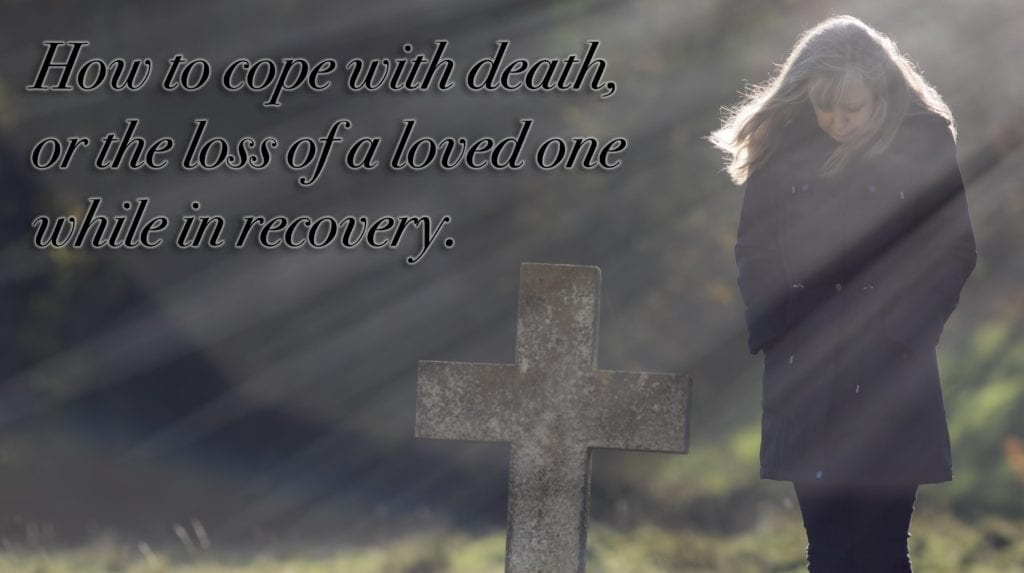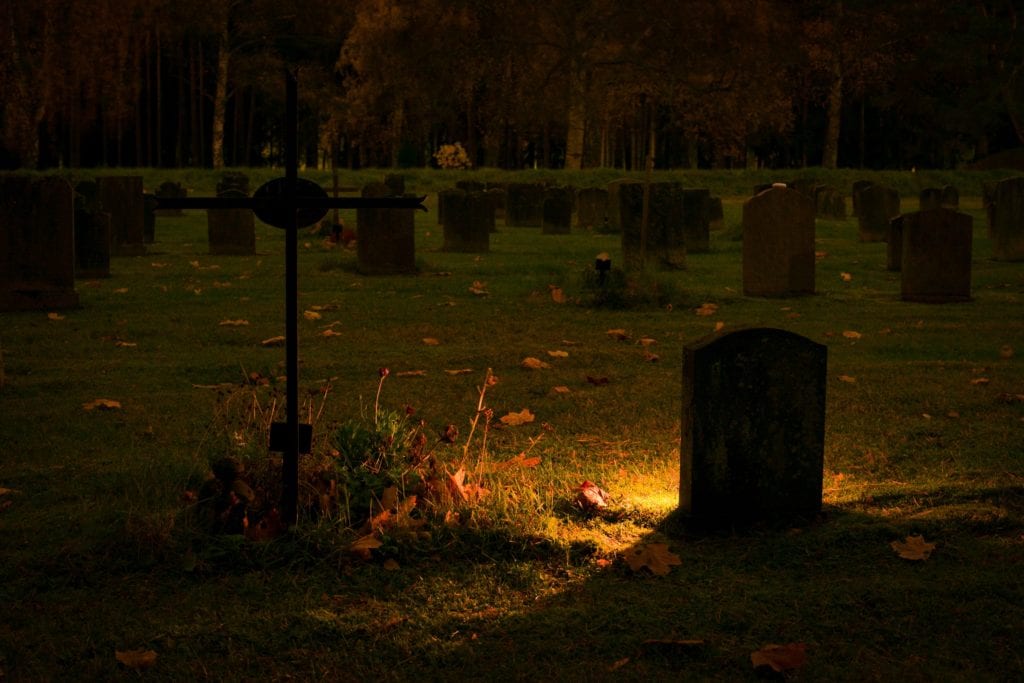
You may have recently suffered the loss of a loved one, a family member or friend while you’re going through recovery. You used to handle the stress from everyday life events by using drugs or alcohol. But now, you’re sober. If you are finding it difficult to resist temptations, or you’ve found that this is the hardest time you’ve experienced in trying not to relapse, let us assure you, you are not alone. Losing someone close to you is one of the most difficult parts of the human experience. It is no different for you or anyone else. It hurts… A lot! You probably don’t know where to turn next, but you know you have to stay sober throughout the pain and grieving process, so what can you do?
Understanding that the grieving process is an important part of recovery is a good start. While a person recovers from an addiction, intense changes are taking place in the mind and body. Changes are taking place within and all around the individual who is attempting to resolve their body’s physical and mental addiction. Grieving is a natural part of this process and simply accepting this fact is going to be inherently beneficial for you. The addiction likely caused trauma in your personal life, as with members of your family and other loved ones. Many of these problems are not addressed until a patient begins their recovery.
When a major loss occurs in addition to these normal changes in the psyche, it can be one of the most difficult emotional battles in a person’s entire life.
The loss of a loved one can be one of the most difficult times in a person’s life. This loss could be from a sudden death, an illness such as a continued, unregulated addiction or even the loss of a relationship with someone you deeply cared about. When someone accidentally or purposefully leaves your life it can be devastating for even the strongest amongst us. These emotions can be overwhelming and life itself can seem unbearable during this most difficult time. These harrowing parts in your recovery can really challenge your resolve to stay sober.

Understanding the inevitable processing of grief and sorrow as a normal part of life, will help you over time and throughout your recovery.
Grief can manifest itself as one of the major contributing factors in a relapse. Losing a loved one through death or other unfortunate circumstances can create a high risk situation, even for someone who has been clean and sober for years. Using simple techniques to process difficult emotions and set backs can help you avoid a potential relapse.
The first and most important step to consider when faced with a stressful, painful situation is to ask for help. Call on the support of your close friends and family members. Even if they are grieving themselves, simply having the presence of someone who cares about you can give you a lot of strength.

Secondly, being honest with your emotions is essential to process the pain you may be feeling after the loss of a loved one. Your old response was to turn to drugs or alcohol to numb the pain. By now, you must realize that is not a healthy or productive choice anymore. You need to process your real emotions in a way that will help you grow and become stronger in your life. Cry if you feel like crying, it is okay to cry. Express your emotions in a safe manner, hopefully with the help of your family, friends or a support group. If you’re angry, let it out and let the world know you are angry. Just be careful to not express any anger you may have in a way that would be harmful to others. Try to keep it constructive with a goal of ultimate healing in mind. Speaking of support groups, attending meetings on a regular basis will help you process your complex range of emotions in
a more productive manner. Whether you return to outpatient meetings at a rehab clinic, or attend regular Alcoholics Anonymous or Narcotics Anonymous meetings, this will help you let out your grief in a positive, productive manner. You will likely meet other people who have gone through similar situations before. This will help you feel supported and not alone in your sorrow. None of these techniques are meant to completely cure or take away the sadness that comes with losing a loved one or member of your family. They will however help you process the emotions you experience through the grieving process without the use of alcohol or drugs. These techniques can be added to your go-to relapse prevention plan, in case the urge to use becomes too much to bear. The first step, (as it was before you entered recovery) is to ask for help. At 10 Acre Ranch, we can help you overcome your addiction and help you deal with recurring issues with addiction through a social model approach to treatment. Please let us know if we can help you.
(877) 228-4679






